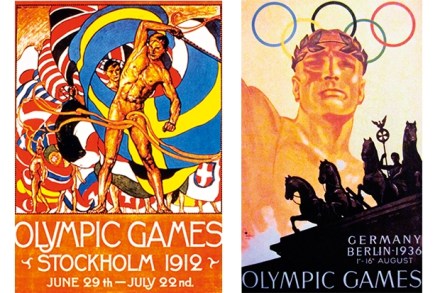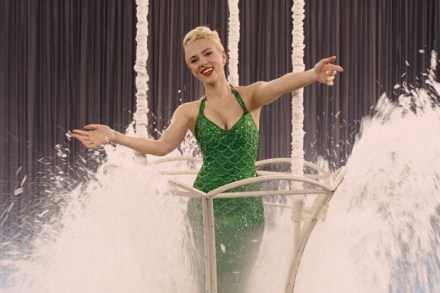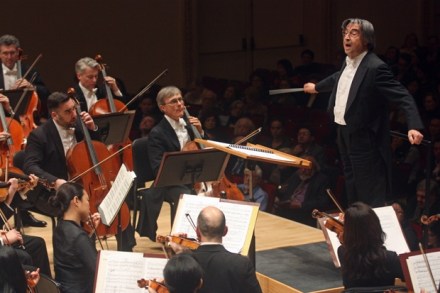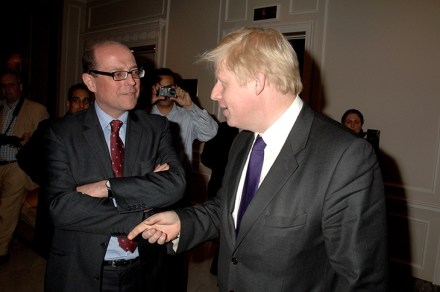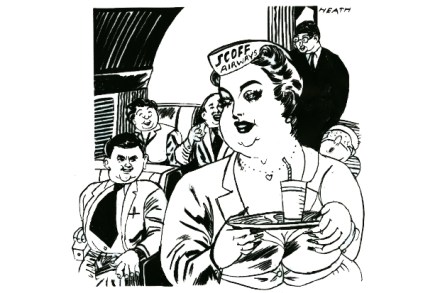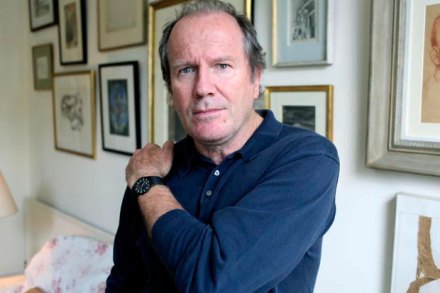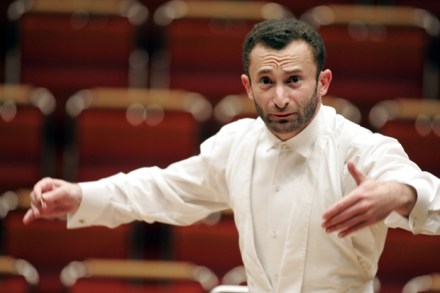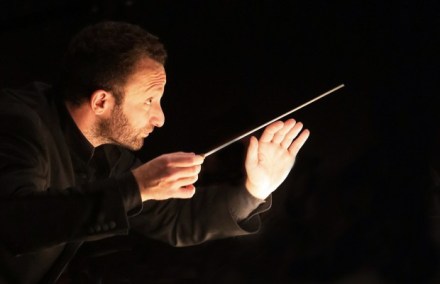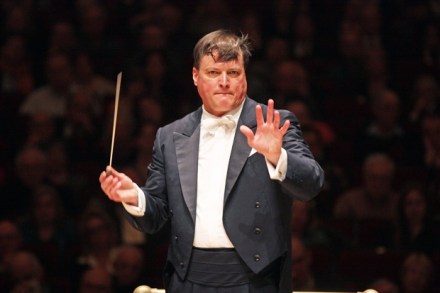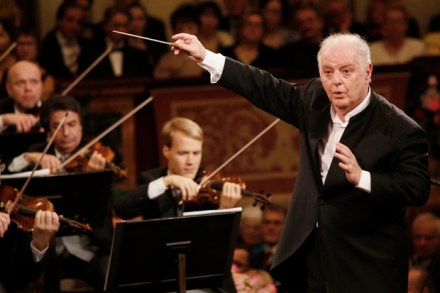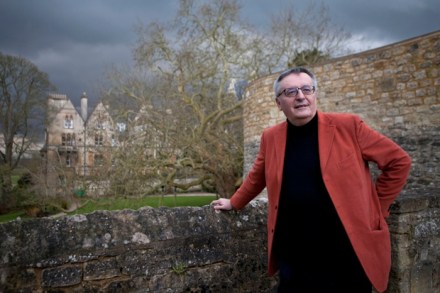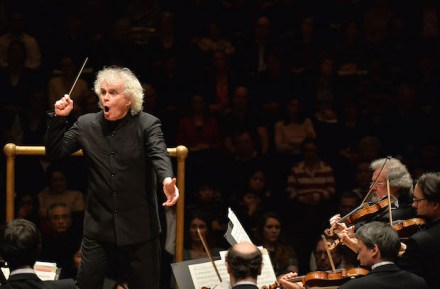The woman who invented selfies
It took a while for Brigid and I to get to know each other, not to mention like each other. But then it was total lifelong devotion. At first, when I started out at Interview, in 1970, Brigid would give me The Glare, which was the negative equivalent of Nancy Reagan’s The Gaze. One or two seconds of that killing look were enough to put across Brigid’s message: stay away. But a few years later, she gave up speed, moved to a proper apartment on East 22nd Street, and took a steady job as receptionist and transcriber of Andy Warhol’s tapes at the new Factory at 860 Broadway. That was





